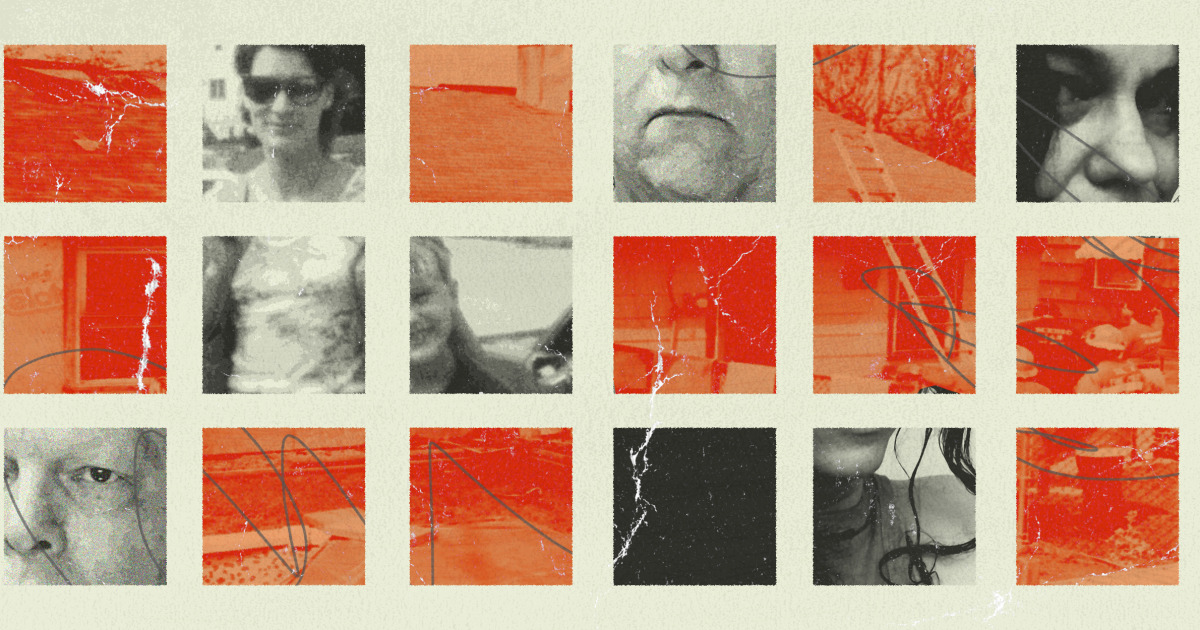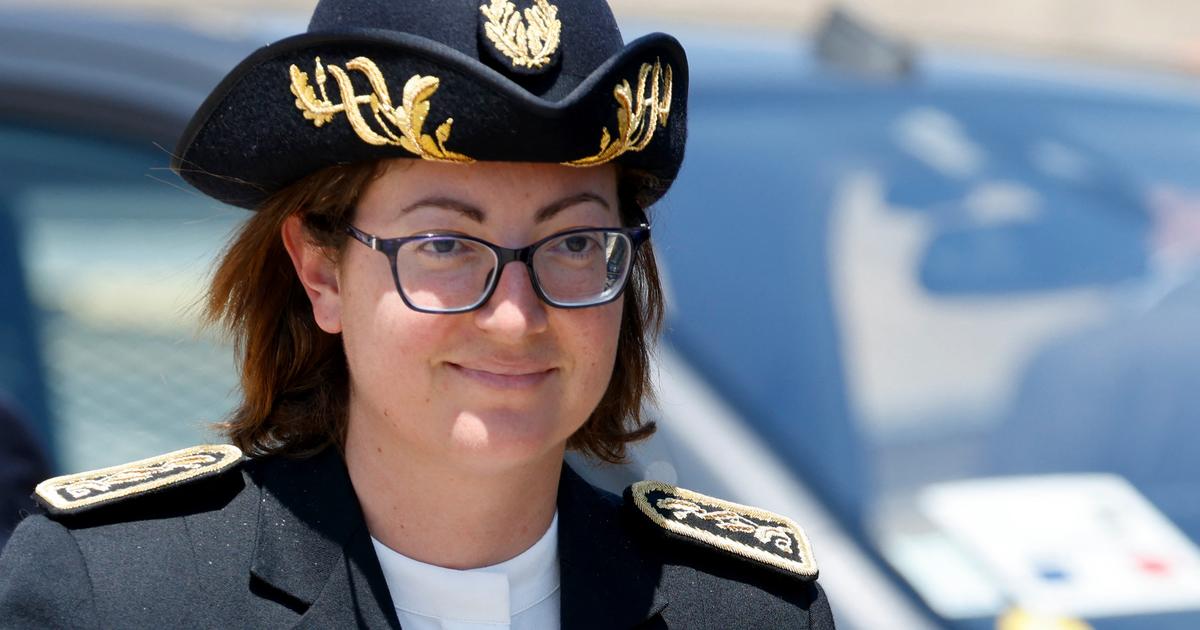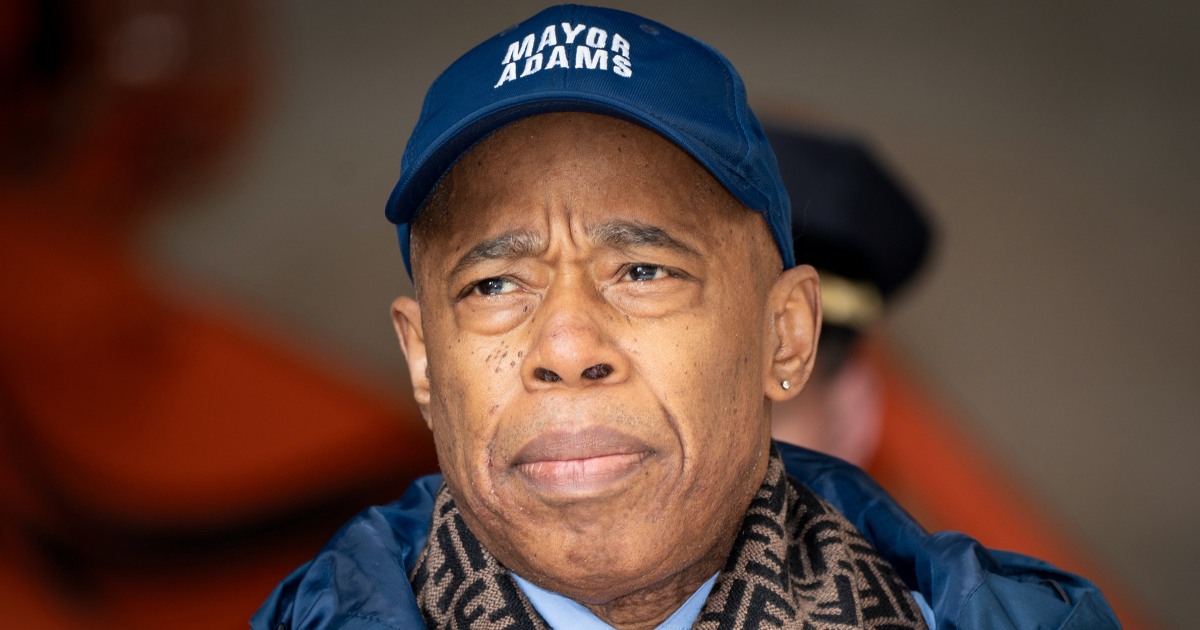Young Trump supporter charged with murder 3:32
Editor's Note:
Cedric L. Alexander served about four decades in law enforcement and other areas of public service leadership.
A contributor to CNN and MSNBC, he is the author of "In Defense of Public Service: How 22 Million Government Workers Will Save Our Republic."
The opinions expressed in this comment are the author's own.
See more opinion at CNNE.COM/OPINION
(CNN) -
A passerby video recorded shortly before the fatal shooting of two people in Kenosha, Wisconsin, shows the accused man, Kyle Rittenhouse, with an assault rifle, milling among a group of other armed civilians who claim to be standing guard. against the people who gathered to protest the police shooting two days earlier against Jacob S. Blake.
At 17, Rittenhouse was charged with violating Wisconsin law, which prohibits those under the age of 18 from being armed.
In the video, police officers are seen passing in an armored vehicle, offering Rittenhouse and the group of armed civilians bottles of water, and broadcasting over a loudspeaker: “We appreciate you guys.
We really do.
Without asking, they couldn't know that, that Rittenhouse was a minor, but they certainly knew that he and the others were violating the curfew that officers were legally required to enforce.
But, having decided to side with the vigilantes, they handed over bottles of water and words of encouragement instead of an order to disperse, under threat of arrest.
Rittenhouse, along with many members of the military, profess a special brotherhood with the police and we also know that some police officers correspond to that sentiment.
It is true that the police face especially difficult challenges at a time of pandemic, street protests and an increase in gun violence in major cities.
But competent police leaders do not welcome any alliance with armed, unsworn, and untrained vigilantes.
In addition to the obvious immediate danger posed by these people, they make police work in the community exponentially more difficult.
The "appreciation" for those who violate the Kenosha curfew is evidence of the risks police face when they appear to be overtly involved in politics or a particular political point of view.
They cannot afford the perception that they favor vigilantes in the performance of their duties.
Any association with them sheds a partisan light on the police that sacrifices the trust of the community.
The effectiveness of a police force depends on that trust.
It can be equally dangerous for the police to show any support for a particular party or politician when the police act in a professional capacity.
No law in the US requires you to reveal who you voted for or who you intend to vote for.
Like the right to vote itself, we take the secret ballot for granted.
But the secret is, in fact, very valuable.
Avoid social, local, employer, or peer pressure to influence or intimidate voters.
For the police and many other public servants, the right not to reveal their electoral election is, I believe, not only a right but an obligation.
At the very least, it is good practice.
During the four decades I was in law enforcement, I proudly referred to myself as a "law and order officer," but never told anyone outside of family and some friends which candidates. had voted.
Nobody ordered me to keep my preferences a secret.
I just knew, deep down inside, that keeping my politics to myself was the way to ensure that my actions as a police officer were not only apolitical, but were perceived as apolitical.
In every police position I have held, my oath was invariably to the Constitution, and I also swore to serve and protect the people in the community who hired me.
My oath did not mention any sheriff, no chief, no mayor, no governor, no organization, no political party, and certainly no president of the United States.
All sworn law enforcement agencies in our nation take essentially the same oath.
On the street, a police officer cannot afford to be a Democrat, Republican, Independent, Libertarian, or anything other than a member of the community who is committed, trained and qualified to serve and protect public safety with courage and impartiality within the law.
To carry out their sworn mission, police officers are entrusted with very consistent legal authority, including the authority to use deadly force.
But the power behind that authority does not come from any law but from the public.
It is the members of the community who grant their officials the legitimacy to carry out their mission.
Without this concession of legitimacy, the police, despite all their legal authority, are essentially powerless.
A congressional representative serves two-year terms, a senator six, a president four.
All partisans, win or lose elections, come and go.
The career of a police officer does not have a fixed term, but the effectiveness of that official in the community depends exclusively on the legitimacy that the people grant him.
Show a partisan bias and that legitimacy will dissolve, perhaps in an instant.
Ask a competent police officer "Whose side are you on?"
And the answer you will hear is not the Republican side or the Democratic side, but yours.
Of course, the police have political opinions, and these days they are often strong opinions.
But everyone in law enforcement, from leadership to street level, must discipline themselves to act on those opinions only at the polls and off duty.
Citizens ask if the police are capable of showing such impartiality, especially when some police unions endorse a high-profile candidate, as the president of the New York City Police Benevolent Association, Patrick J. Lynch, recently did. , in the case of Donald Trump.
My response to the cops and their leadership is this: people cannot read your mind or look into your soul, but they can hear what you say and see, as well as feel, what you do.
In addition, they share their words and actions on social media.
Be fair, measured, and decidedly apolitical.
Because the police must serve only one side, the American community, gloriously diverse in race, religion, appearance, lifestyle, opinion and political affiliation.















